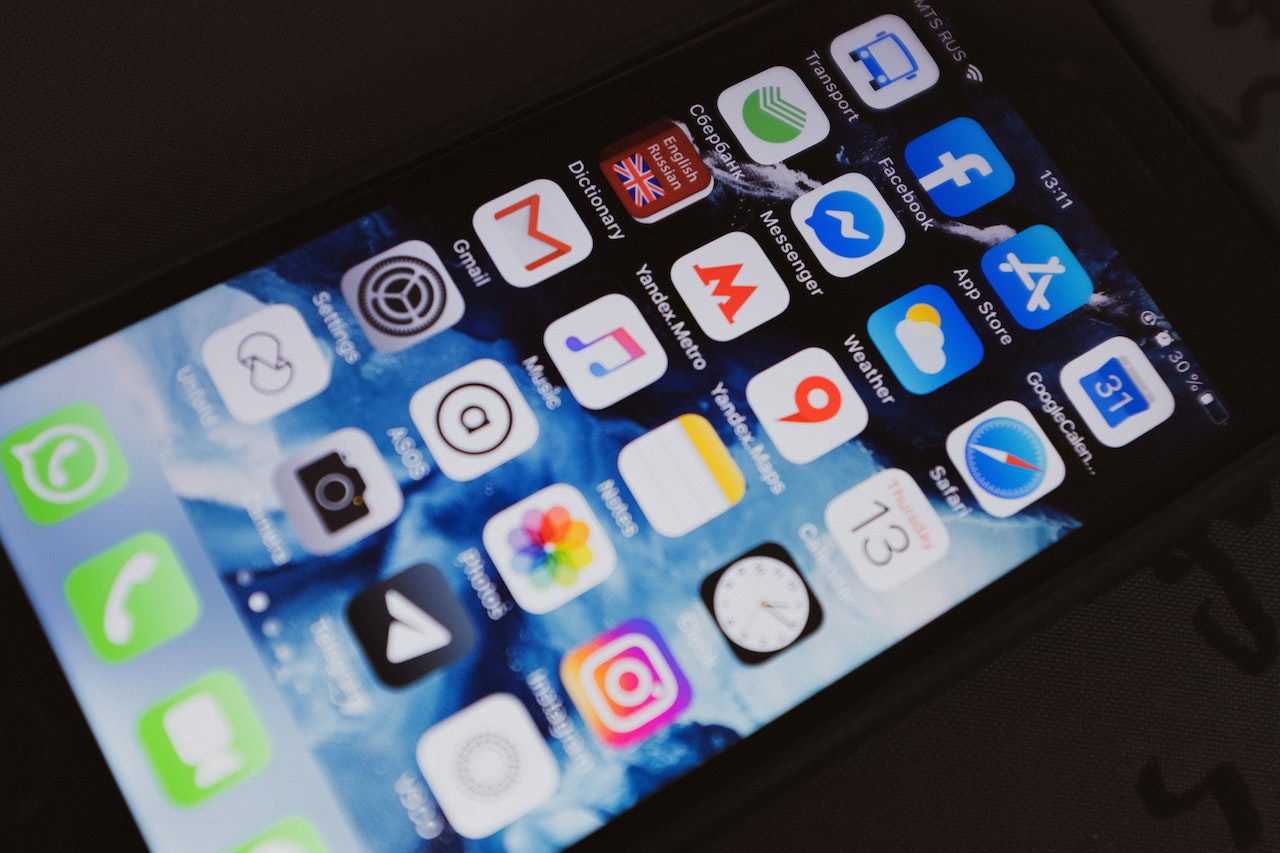In response to concerns over radiation levels, Apple has committed to the software update of iPhone 12 models in France, a move that has prompted similar inquiries from other European nations. On Friday, the tech giant affirmed that the iPhone 12 had received certification from multiple international bodies attesting to its compliance with global standards. Nonetheless, Apple pledged to implement the software update on French models, as requested by regulatory authorities.
The World Health Organization has emphasized that no conclusive evidence links adverse health effects to mobile phone usage. However, the ban imposed by French authorities has resonated across Europe. Belgium and Germany have initiated their own investigations into the radiation levels emitted by iPhone 12 devices. Italy has also urged Apple to take corrective action, while the Dutch Authority for Digital Infrastructure has fielded inquiries from concerned consumers.
French officials have welcomed Apple’s decision to provide a software update, anticipating that it will clear the way for the iPhone 12 to return to the market in their country. Apple clarified that the update addresses a specific testing protocol, emphasizing that it is not indicative of a safety concern. The company regularly releases software updates to address security issues, targeting specific models or regions, sometimes issuing multiple updates within a month.
French regulators employ a Specific Absorption Rate (SAR) to gauge the rate at which the body absorbs radiofrequency energy during iPhone 12 testing. Notably, the French assessment measures results at a 0mm distance, while assessments in other countries are conducted at a 5mm distance. Regulatory limits are set well below levels that could pose any harm to users, underscoring the safety of the iPhone 12.
Analysts anticipate that the incident surrounding the iPhone 12 will fade from memory, especially given the model’s relatively mature status. Just this week, Apple unveiled their latest iPhone 15 model. Furthermore, the iPhone 12 is not retailed directly by Apple; instead, it is available through third-party vendors with existing inventory or trade-in options for older phones.
The issues raised in France have ignited a broader conversation throughout Europe, drawing attention to potential concerns that warrant addressing. Apple, a U.S.-based company, reported revenues exceeding $95 billion from Europe last year, with estimates suggesting they sold over 50 million iPhones. This incident may catalyze shifts in how we perceive mobile phone use and safety, potentially leading to alterations in industry regulations.
In summary, Apple’s provision of a software update for iPhone 12 models in France, in response to radiation concerns, reflects a proactive stance in addressing regulatory inquiries. While the specific incident may recede in memory, its wider implications may reverberate, influencing safety standards, regulations, and our perceptions of mobile phone usage and safety.
Source: Reuters



